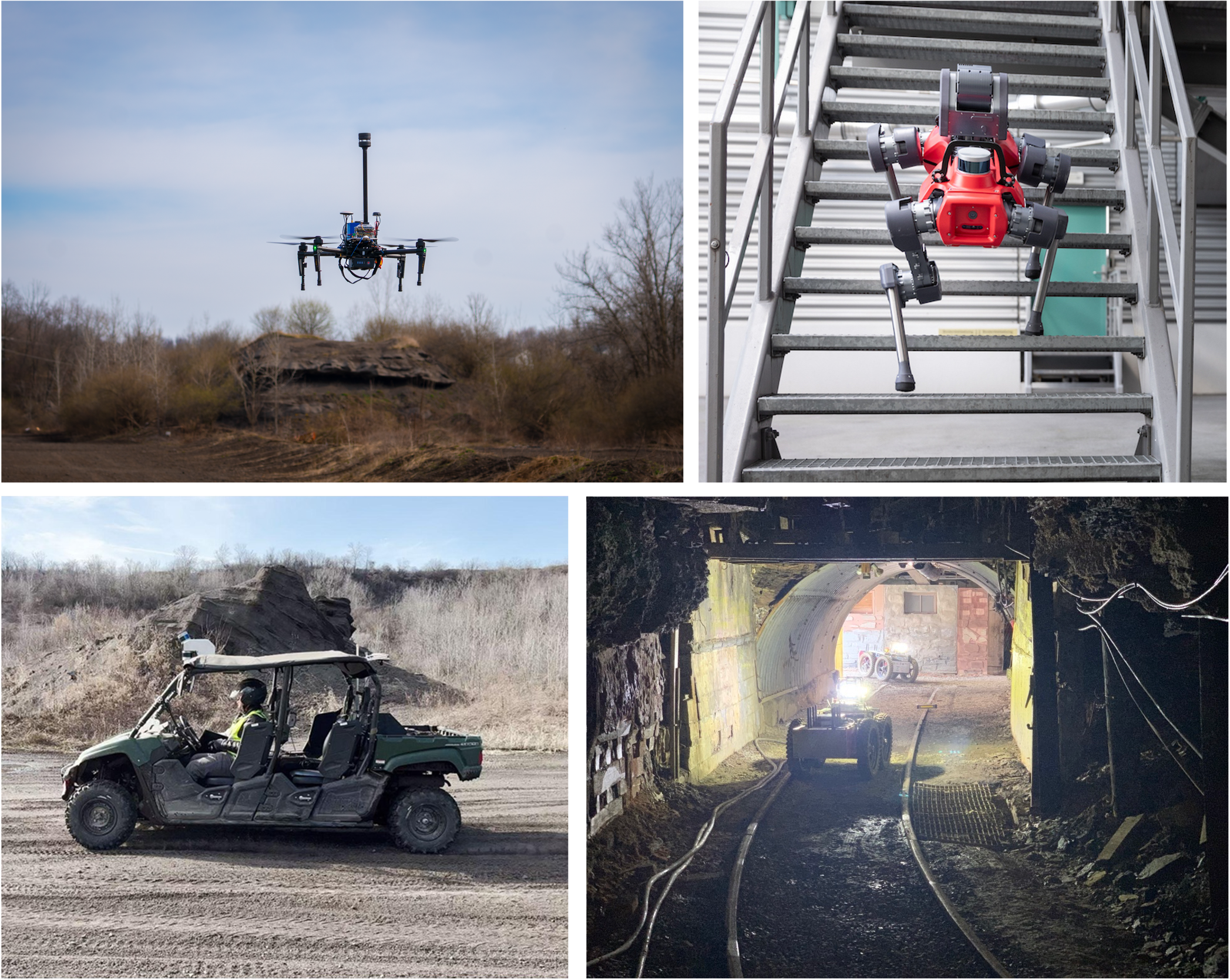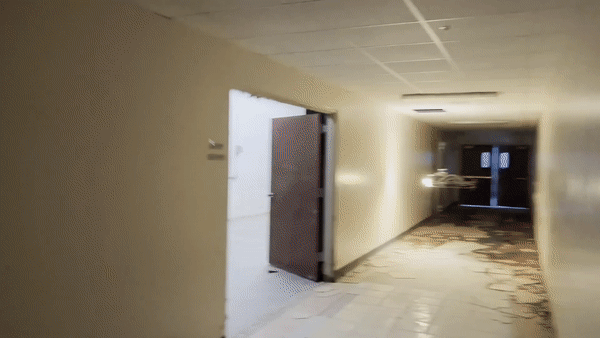Perception and Manipulation
My research is guided by the desire to develop next generation of robotics, characterized by the growing demands for the robotic system that behave smart, efficient, and robust at lower cost. Many of the complex robotic systems or the robotic application for sophisticated tasks, such as multiple robots coordination or manipulating object, require the robot to interact with the environment: perceiving the environment, and then perform the manipulation. Perception provides the critical information to robot for planning and control, but it is challenging due to the uncertainty from the sensors and the limitation of the estimation techniques. As for manipulation, it cannot be completely understood and implemented without an integration strategy for design, modeling, testing, and performance optimization.

My research addresses these challenges for several manipulation tasks. In my Ph.D. dissertation, I chose to tackle one of the multi aerial robotics manipulation problem by creating a unique inertia based perception approach. Vision-based perception is the key part for robotic application such as grasping and navigation. In my postdoctoral work, I investigate one of the object pose estimation problems. I then apply it to a drone delivery application, which requires a comprehensive integration of design, modeling, control, perception and planning. Above those methods provide various possibilities for the robot to extract useful information from the environment and then interact with it. This enables smart, efficient and sustainable robotic operation.

